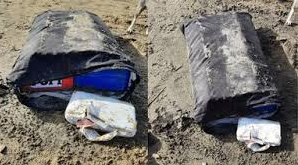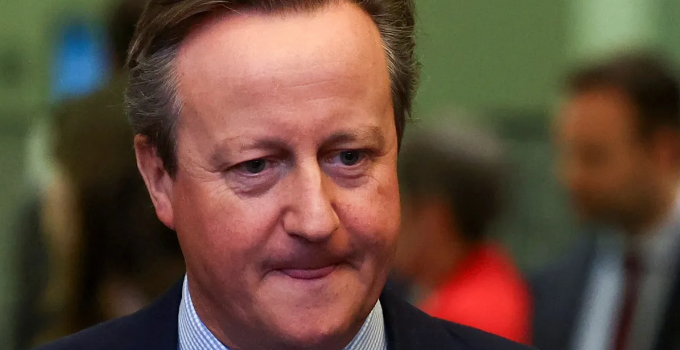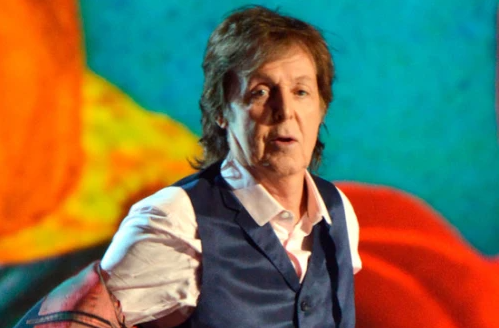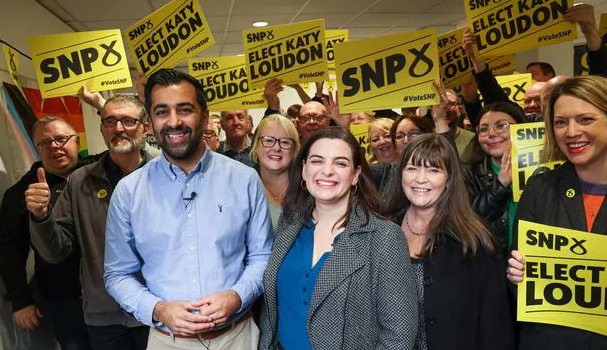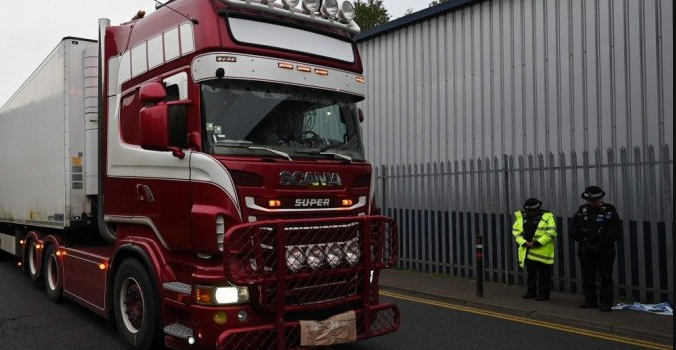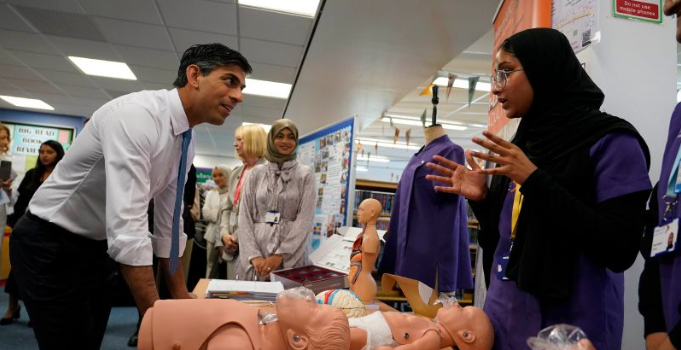
Drugs believed to be from South America found in holdalls by a fisherman and a litter-picking group
A large quantity of cocaine, believed to have originated in South America, has washed up along England’s south coast. Two separate discoveries of the illicit drug were made in October, one by a fisherman and another by a group of litter-pickers.
Hundreds of kilos of cocaine were found in the sea off St Aldhelm’s Point and Durdle Door in Dorset on October 2. A second batch was discovered on a beach on the Isle of Wight by a litter-picking group on Saturday, according to the National Crime Agency (NCA).
Tracey Lake, senior investigating officer for the NCA, described the discovery as a “significant amount of class A drugs,” adding that the loss of such a large consignment would be a major blow to the criminal networks involved.
Deputy Chief Constable Rachel Farrell from Dorset Police commented: “Officers from our marine team, supported by colleagues from across the force and HM Coastguard, have been working tirelessly with the NCA and Border Force to recover these suspect packages. Searches remain ongoing, and I urge anyone who finds a holdall or similar package under suspicious circumstances to contact Dorset Police immediately.”
The investigation was also supported by Hampshire’s Assistant Chief Constable Stuart Murray, who confirmed that searches had been ongoing in the west Wight area after the initial discovery. Murray also appealed for information regarding one member of the litter-picking group—a man in his 60s—who found the drugs. Authorities are trying to make contact with him for further investigation.
Police have urged the public to report any suspicious packages to emergency services.







